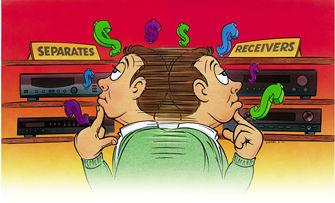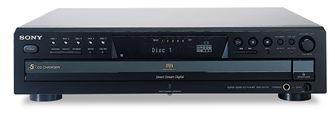Chris Lewis
|
Nov 07, 2001 |
Published: Nov 08, 2001
|
Sep 04, 2001 |
Published: Sep 05, 2001
|
Jul 02, 2001 |
Published: Jul 03, 2001
|
Jun 28, 2001 |
Published: Jun 29, 2001
|
May 02, 2001 |
Published: May 03, 2001
|
Jan 18, 2001 |
Published: Jan 19, 2001
|
Dec 27, 2000 |
Published: Dec 28, 2000
|
Oct 28, 2000 |
Published: Oct 29, 2000













